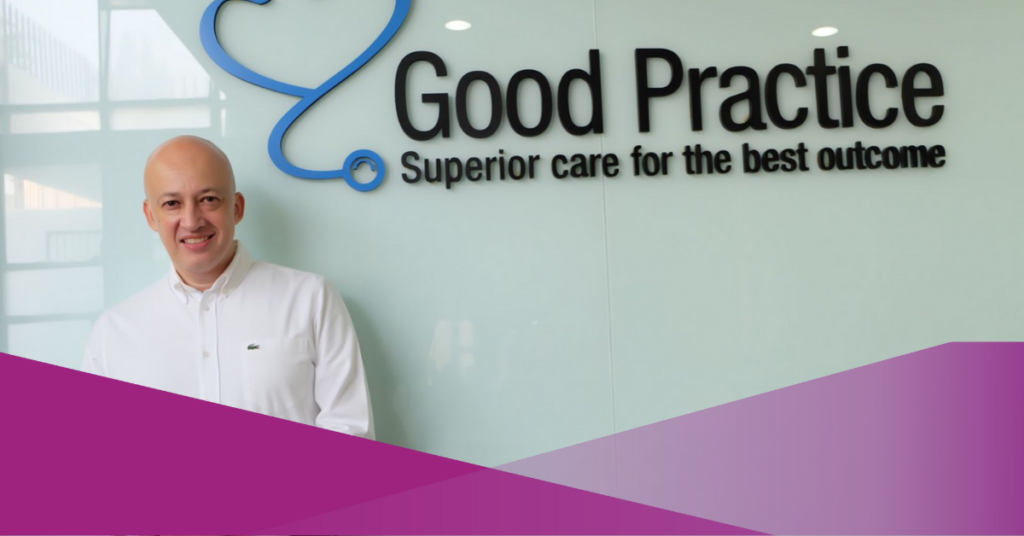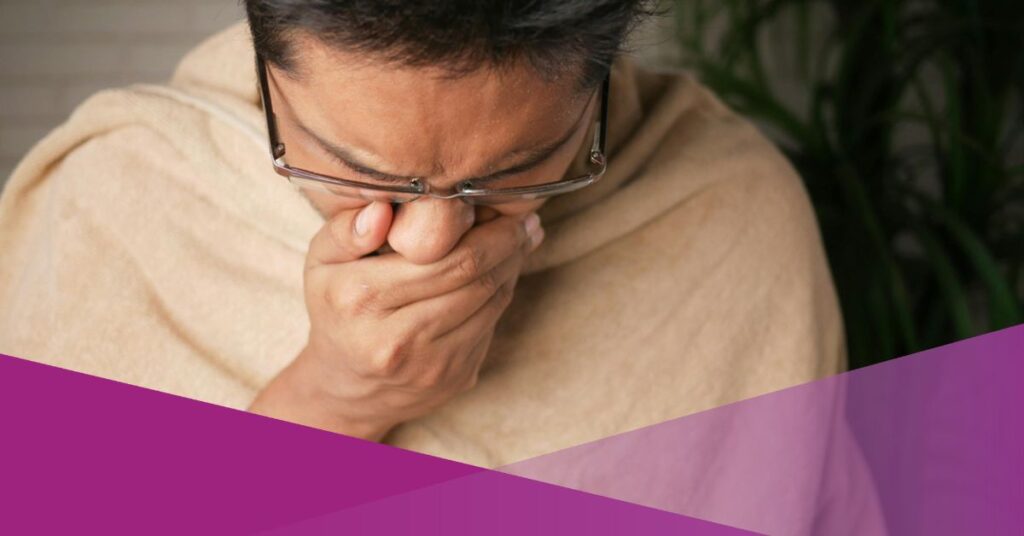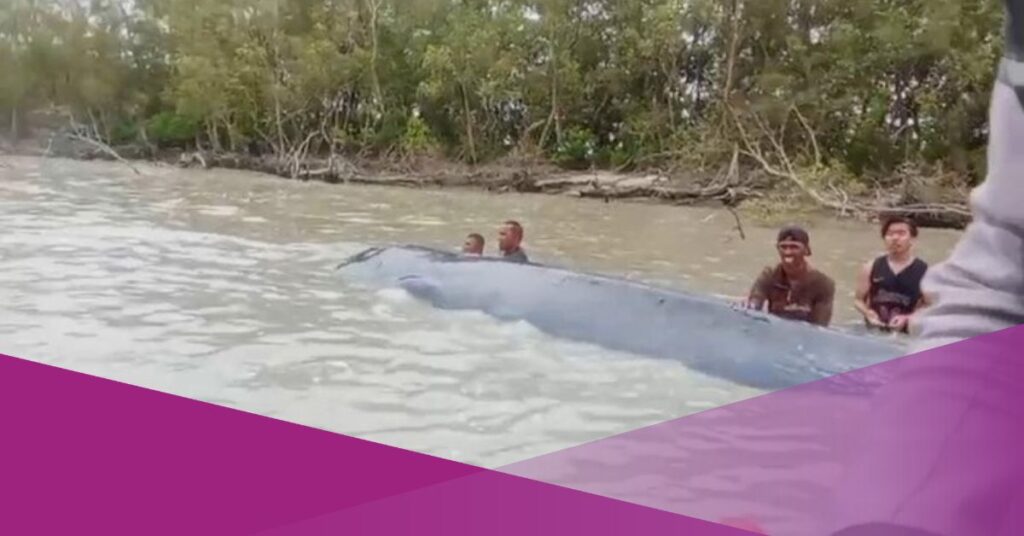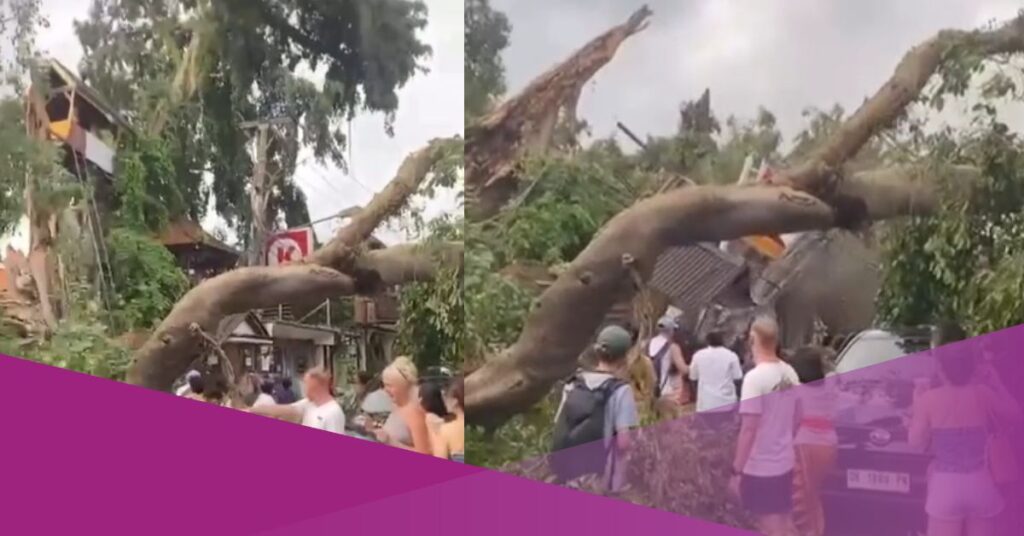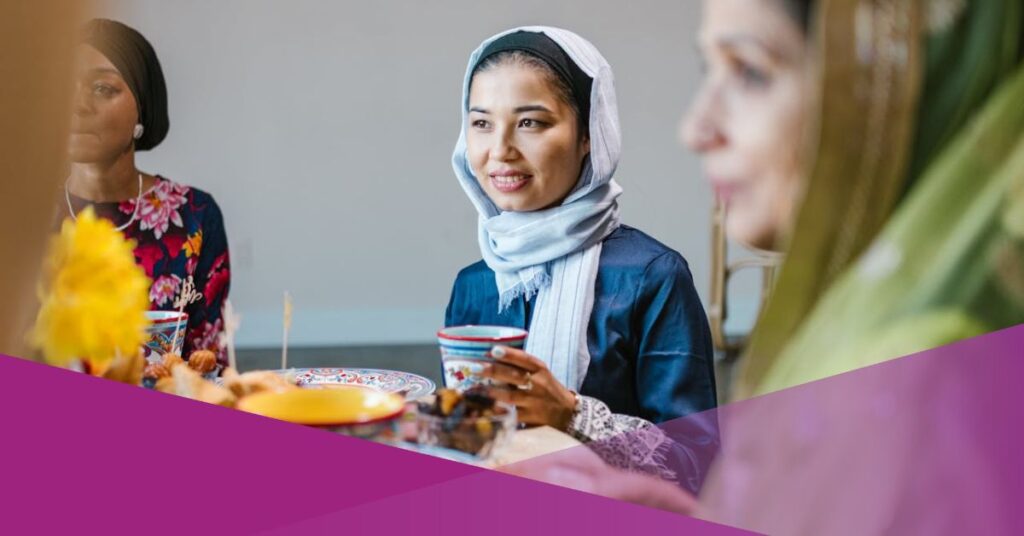You and your family might be in good health, but in general, everyone needs some medical input at some point in time. I think it is essential that you at least identify and look for a clinic that you are comfortable with. Look for a group of medical professionals who you can turn to, with any concerns. I would like to share some information to make life a bit easier.
There are three things to expect when you are living in Jakarta; infectious diseases, non-infectious diseases and accidents/injuries. Infectious diseases, like foodborne, airborne, or even body fluid-transmitted diseases are common in Indonesia. Non-infectious diseases or chronic diseases are sometimes unavoidable depending on your risk profile. Accidents and injuries can happen anywhere. Rhesus-negative blood is very rare in Indonesia. Join our registry: Rhesusnegative@goodpractice.co.id
What to do when you are sick
Feeling unwell can be a challenge. The first piece of advice would be to seek an opinion if you are unsure about your condition. You may use Dr Google, talk to a friend or even a medical professional back home. If possible, visit or call a clinic that you are comfortable with. In an ideal world you should have an assessment by a trusted medical practitioner (this can even be a telephone consultation). Your medical practitioner will give a possible diagnosis. A management plan needs to be mutually agreed upon. You need to voice your expectations and ask for possible options (Are you expecting a referral?).
Preventive actions
To avoid diseases from happening, you need to know how to manage avoidable risks. For infectious diseases, there are lots of vaccinations available to protect you. This includes vaccinations against COVID-19. We will update you about the availability of these vaccines. Food prepared under unclear circumstances, tap water, and mosquitoes should be avoided. Identify a clinic that you are comfortable with! You can discuss your own risk profile with your trusted physician.
In a tropical country like Indonesia, there are a lot of infectious diseases, besides COVID-19. Infectious diseases can be spread by water and/or by food such as traveller’s diarrhoea, hepatitis A, typhoid fever and amoebic dysentery. Insect bites can also spread diseases like Malaria, Dengue, Japanese encephalitis and Chikungunya. Tuberculosis is spread through coughing and sneezing. Body fluid-transmitted diseases like STDs, HIV/AIDS, and Hepatitis B & C are also common in Indonesia. There are possibilities of getting Rabies if you are exposed to certain animals.
Chronic disease management
If you are suffering from a chronic disease, we advise you to have a list of your regular medication. You should identify a doctor who can regularly check on your condition and someone who can advise which (specialist) doctor you should see. Your family doctor can facilitate communication with your specialist. Monitoring your condition on behalf of the specialist can also be done by a good family physician.
Discuss any concerns with your trusted medical practitioner. It I important that you identify a clinic that you are comfortable with. GOOD PRACTICE clinic provides house calls and office visits. You can even have consultations with any one of our Medical Team from whatever location. We provide TELECONSULTATIONS. Doctor Jakarta. Doctor Jakarta. Doctor Jakarta.
Good Practice Clinic has patients from 77 countries. Our English-speaking staff implements International guidelines. We provide highly personalized care. Try us! Info@goodpractice.co.id or 021 7183140 – New to Jakarta? Look For A Doctor!
Found this article interesting? Check also these articles:
